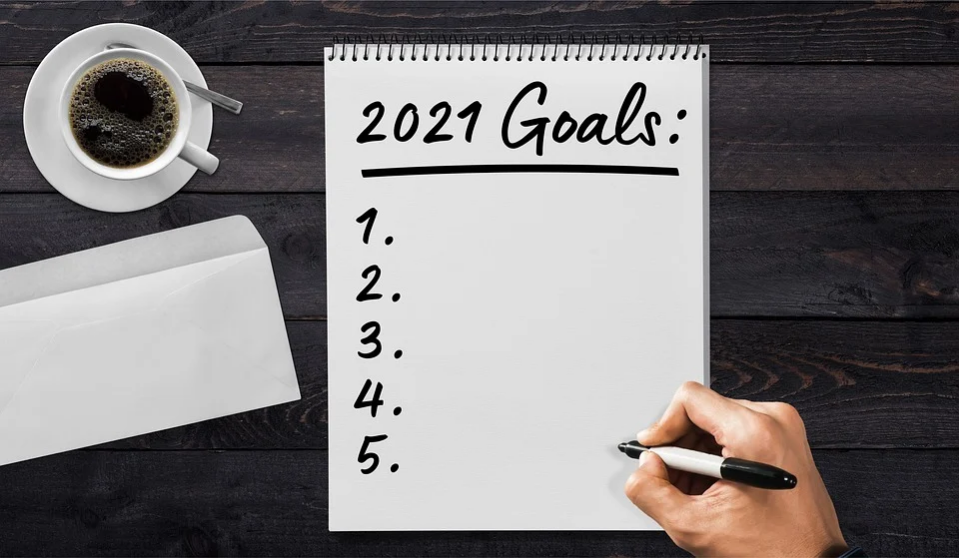This post is essentially a compilation of tweets from Gautam Bhatia, Prasanna and SFLC to understand how the Aadhaar hearing happened in the Supreme court.
Day 17: 14 Mar ’18
Senior Advocate K V Vishwanathan counsel for petitioners arguing.
- Hearing to commence shortly.
- KV Viswanathan will continue with his arguments.
- Resumes his attack on Section 59…the illegality of the purported validation provision.
- Reads Delhi Cloth Mills case where it clearly held how a law can deem facts but cannot deem legal consequences.
- In this case for example, informed consent is a key compliance issue. This Section 59 cannot declare compliance when it did not exist!
- Justice DY Chandrachud asks about the consequence of S 59 being unlawful.
- KV Viswanathan responds that all data collected between 2009 and 2016 ought to be destroyed
- Then moves to his next issue of the issue of defacto mandatoriness.
- Says the barter in the effective mandatoriness of Aadhaar is an unconstitutional condition. Refers to St. Xaviers and Olga Tellis case.
- Then moves to his argument of choice and bodily privacy and breezes through the ratio of a few European and South African cases.
- Justice DY Chandrachud comments on the interesting bit of information on Justice Sachs.
- Justice Sachs opinion in Jordan v State was cited. Justice Sachs had met the person who had placed a bomb under his car years later. And TRC had forgiven all of them. (Digression)
- KV Viswanathan then moves to this argument on State insisting what is the problem for people sharing data with govt when they have no trouble sharing it with google or facebook.
- Exposits that with wide powers, the degree of scrutiny is high when it comes to State.
- Justice Sikri agrees.
- KV Viwanathan now says compulsion by State in this case is neither proportionate or reasonable.
- Says that State doesn’t have the power to compel citizens to do particular acts except in certain defined circumstances.
- Then goes on to detail the limits of compulsion by law on individual freedoms.
- Cites the recent living will judgment. Chief Justice of India and Justice Khanwilkar judgments that held that subjecting people to experiments as guinea pigs is violation of dignity.
- Says no different in this case when masses are subjected as guinea pigs to a probabilistic biometric experiment.
- Next says the presumption of criminality in every person that is the premise of the Aadhaar system is the complete anathema to proportionality! and arbitrary.
- Cites MK v France 2013 ECHR for that exact proposition where storage of the data of entire population was struck down as disproportionate.
- Says that sexual assaults are going undetected. Hypothetically explains how collecting dna samples and semen samples of all males in the country to so as to identify…
- …perpetrators of any given sexual assault or offence ….such a legislation cannot pass muster under our Constitution.
- …next he says how centralised storage and control of access to personal data in CIDR is disproportionate and violates article 14 and 21.
- Says that in case of Aadhaar, biometric data of individuals is collected by enrollment agencies who are private entities. Says that there is no judicial or independent oversight.
- Also unduly long retention of the data is disproportionate. So is longterm storage of transaction data. So is the preclusion of the Aadhaar number holders from being able to access or correct data.
- Each aspect of collection and storage is violation therefore of 14 and 21.
- Reads the case of MG v. UK.
- Says that the Act lacks purpose limitation. Says it is an ‘open ended general purpose vehicle’.
- Reads the case of S v. Marper.
- Says that the Act legitimises mass surveillance by State which is antithetical to the principles of democracy.Further say
- s that it doesn’t define ‘national security’ and doesn’t require any ex-ante or ex-post independent oversight.
- Refers to S 33(2) and failure to comply with PUCL telephone tapping guidelines.
- Says Section 57 has been dealt with extensively and says he does not want to elaborate on it. Says he will spend the next 30 minutes on expositing how Section 7 is unconstitutional.
- Refers to Economic Survey data on auth failures. Says that it has resulted in the exclusion of most marginalized sections of society.Gives the e xamples of rates of authentication failures in Rajasthan(37%) and Jharkhand (49%).
- Asks Court to direct govt to tell them the latest auth failure data.
- Says that the validity of the Act is to be judged not by its object but by its direct effect on the fundamental rights of the individuals.
- Says that mandatory authentication at point of use violates Art. 21.
- Says right to food is a fundamental right. Says mandatory authentication violates their right to choose how to identify themselves.
- Submits that govt. has failed to discharge its burden of proof to justify such infringement under Art. 21.
- It has also failed to show how Aadhaar has resulted in stopping the losses and caused significant savings.
- Says that wherever Aadhaar is not given or linked, it is taken as savings or plugging of leakages.
- Says there are four incorrect assumptions in the claims of savings. Says that they have assumed that leakages caused only due to identity fraud.
- Bench rises for the day.
- CJI wants petitioners to finish their arguments by afternoon Tuesday, 20th March.



